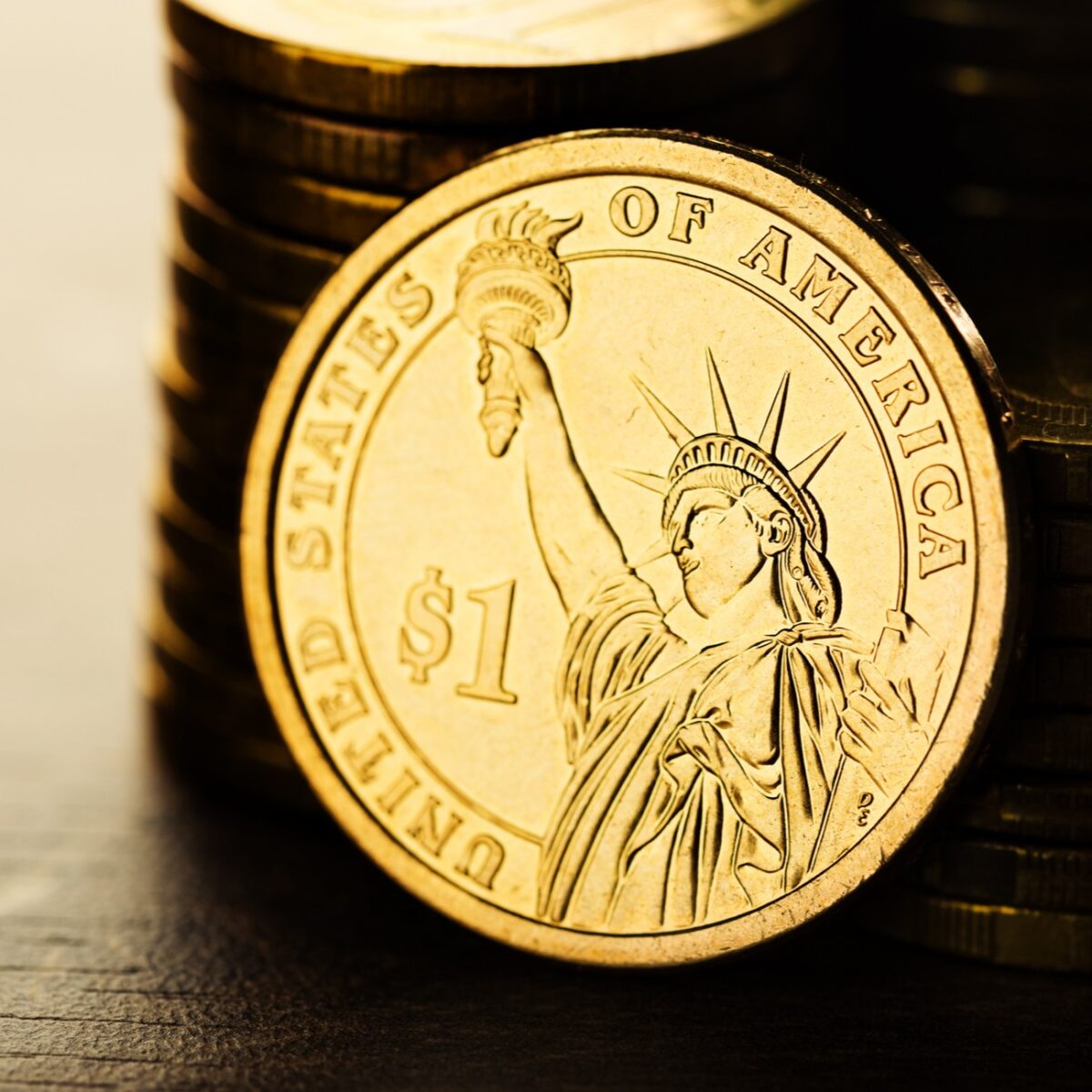PALO ALTO, Calif. (Reuters) - The Federal Reserve is taking a look at a broad series of issues around digital payments and currencies, consisting of policy, style and legal considerations around possibly releasing its own digital currency, Governor Lael Brainard stated on Wednesday. Brainard's remarks suggest more openness to the possibility of a Fed-issued digital coin than in the past." By changing payments, digitalization has the potential to provide greater value and benefit at lower expense," Brainard stated at a conference on payments at the Stanford Graduate School of Business.
Central banks globally are debating how to handle digital finance innovation and the distributed journal systems utilized by bitcoin, which assures near-instantaneous payment at possibly low cost. The Fed is establishing its own day-and-night real-time payments and settlement service and is currently examining 200 remark letters submitted late in 2015 about the suggested service's design and scope, Brainard stated.
Less than 2 years ago Brainard told a conference in San Francisco that there is "no engaging demonstrated requirement" for such a coin. However that was before the scope of Facebook's digital currency aspirations were commonly understood. Visit this page Fed authorities, including Brainard, have actually raised issues about customer defenses and data and privacy hazards that could be presented by a currency that might enter usage by the third of the world's population that have Facebook accounts.
" We are teaming up with other central banks as we advance our understanding of reserve bank digital currencies," she stated. With more countries checking out issuing their own digital currencies, Brainard said, that adds to "a set of reasons to also be making sure http://mylescnbk100.bearsfanteamshop.com/fedcoin-a-central-bank-r3-reports-2 that we are that frontier of both research study and policy development." In the United States, Brainard stated, concerns that require study include whether a digital currency would make the payments system much safer or easier, and whether it might posture financial stability threats, including the possibility of bank runs if money can be turned "with a single swipe" into the reserve bank's digital currency.
To counter the monetary damage from America's unprecedented national lockdown, the Federal Reserve has actually taken unmatched actions, consisting of flooding the economy with dollars and investing straight in the economy. The majority of these relocations received grudging approval even from numerous Fed skeptics, as they saw this stimulus as needed and something just the Fed could do.

My fedcoin announced brand-new CEI report, "Government-Run Payment Systems Are Unsafe at Any Speed: The Case Versus Fedcoin and FedNow," information the threats of the Fed's present prepare for its FedNow real-time payment system, and proposals for central bank-issued cryptocurrency that have actually been dubbed Fedcoin or the "digital dollar." In my report, I discuss issues about privacy, information security, currency control, and crowding out private-sector competitors and development.
Advocates of FedNow and Fedcoin state the government must create a system for payments to deposit immediately, instead of motivate such systems in the economic sector by lifting regulative barriers. But as noted in the paper, the economic sector is supplying a seemingly limitless supply of payment technologies and digital currencies to fix the problemto the extent it is a problemof the time gap between when a payment is sent and when it is received in a bank account.
And the examples of private-sector innovation in this location are lots of. The Clearing House, a bank-held cooperative that has been routing interbank payments in various forms for more than 150 years, has been clearing real-time payments since 2017. By the end of 2018 it was covering 50 percent of the deposit base in the U.S.